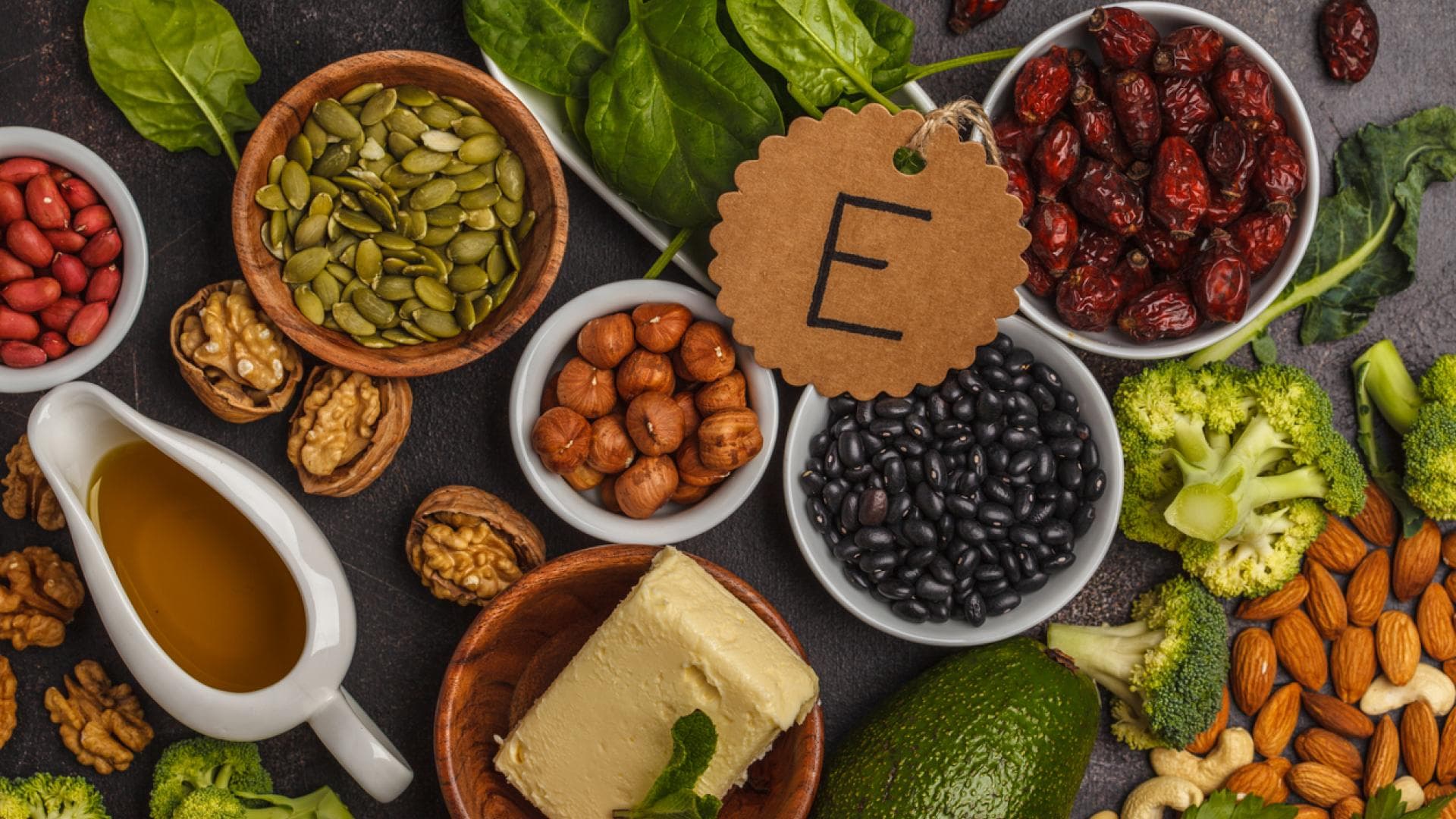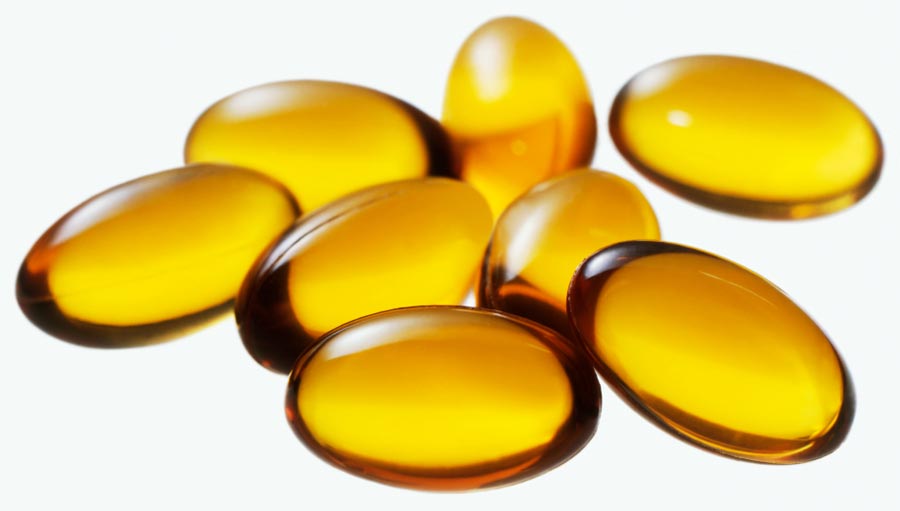Arthritis, a condition characterized by joint inflammation, can cause significant pain and discomfort for those affected. While there is no cure for arthritis, managing its symptoms and slowing its progression are crucial for improving quality of life. In this regard, incorporating foods rich in vitamin E, known for their antioxidant effects, can be beneficial. Vitamin E acts as a potent antioxidant, protecting cells from damage caused by free radicals and reducing inflammation. In this article, we will explore five helpful pieces of information about foods rich in vitamin E and their role in arthritis management.
1, Vitamin E and Antioxidants.
Vitamin E is indeed a powerful antioxidant that plays a significant role in protecting the body's cells from damage caused by free radicals. Free radicals are unstable molecules that can cause oxidative stress, leading to various health problems, including arthritis.
Arthritis is a condition characterized by inflammation in the joints, which often leads to joint pain, swelling, and stiffness. The inflammatory process can generate an increased number of free radicals in the body, exacerbating oxidative stress and causing further damage to the joints.
By neutralizing free radicals, vitamin E helps reduce oxidative stress and inflammation, thereby alleviating joint pain and stiffness associated with arthritis. It also supports the overall health of joints by preserving the integrity of cell membranes and promoting proper functioning of enzymes involved in cartilage maintenance.
However, it's important to note that while vitamin E and other antioxidants can play a role in managing arthritis symptoms, they may not provide a complete solution or cure for the underlying condition. Arthritis is a complex disorder with various factors contributing to its development and progression. Therefore, it's advisable to consult with a healthcare professional for a comprehensive treatment plan that may include a combination of medications, lifestyle modifications, and other therapies tailored to individual needs.
2, Benefits of Vitamin E.
Vitamin E offers several benefits beyond its role as an antioxidant. Here are some additional benefits of vitamin E:
Anti-inflammatory properties: Vitamin E has been shown to have anti-inflammatory effects, which can be particularly beneficial for individuals with arthritis. By reducing inflammation, it may help alleviate joint pain, swelling, and stiffness.
Immune system support: Vitamin E plays a vital role in supporting a healthy immune system. It helps regulate immune responses and enhances the function of immune cells, which can contribute to better overall health, including joint health.
Skin health: Vitamin E is known for its positive effects on the skin. It helps maintain skin integrity, promotes healing, and protects against damage caused by free radicals and environmental factors. Healthy skin is essential for individuals with arthritis, as they may be more prone to skin issues due to inflammation and medication side effects.
Cardiovascular health: Vitamin E has been associated with cardiovascular benefits. It helps prevent the oxidation of LDL (low-density lipoprotein) cholesterol, often referred to as "bad" cholesterol. This oxidation can contribute to the formation of plaques in the arteries, increasing the risk of heart disease. By reducing oxidation, vitamin E may support heart health.
Neuroprotective effects: Some studies suggest that vitamin E may have neuroprotective properties, helping to protect nerve cells from damage. This could potentially be beneficial for individuals with conditions affecting the nervous system, although more research is needed in this area.
It's important to note that while vitamin E offers potential benefits, it should be taken within recommended dietary guidelines or as directed by a healthcare professional. High doses of vitamin E supplements can have adverse effects and may interfere with certain medications. It's always advisable to consult with a healthcare provider before starting any new supplements or making significant changes to your diet.
3, Food Sources of Vitamin E.
Including foods that are rich in vitamin E can be an excellent way to ensure an adequate intake of this essential nutrient. Here are some common food sources of vitamin E:
Nuts and seeds: Almonds, sunflower seeds, hazelnuts, and peanuts are all excellent sources of vitamin E. They can be enjoyed as a snack or added to various dishes, such as salads, smoothies, or homemade granola.
Vegetable oils: Oils derived from plant sources are also good sources of vitamin E. Olive oil, sunflower oil, safflower oil, and wheat germ oil are examples of oils that contain vitamin E. These oils can be used for cooking, salad dressings, or as a topping for dishes.
Leafy green vegetables: Spinach, kale, Swiss chard, and broccoli are leafy green vegetables that provide vitamin E along with a host of other beneficial nutrients. These vegetables can be enjoyed in salads, stir-fries, or as a side dish.
Avocado: Avocado is a nutrient-dense fruit that not only provides healthy fats but also contains vitamin E. It can be used in salads, sandwiches, or enjoyed as guacamole.
Wheat germ: Wheat germ is the nutrient-rich embryo of the wheat kernel and is a concentrated source of various nutrients, including vitamin E. It can be sprinkled over yogurt, cereals, or incorporated into baked goods.
Other food sources of vitamin E include fortified cereals, whole grains, papaya, mango, and some seafood like trout and salmon.
Incorporating a variety of these vitamin E-rich foods into your diet can help ensure you're getting an adequate intake of this essential nutrient. Remember to focus on a balanced and diverse diet to obtain a wide range of nutrients for overall health and well-being.
4, Vitamin E Supplementation.
While it's generally recommended to obtain nutrients like vitamin E from food sources, there may be situations where vitamin E supplementation is considered. However, it's crucial to approach vitamin E supplementation with caution and under the guidance of a healthcare professional. Here are a few important points to consider:
Individual needs: The recommended dietary allowance (RDA) for vitamin E varies depending on age, sex, and life stage. Some individuals, such as those with certain medical conditions or dietary restrictions, may have higher vitamin E requirements. Consulting with a healthcare professional can help determine if supplementation is necessary and appropriate for your specific needs.
Potential risks of excessive supplementation: Taking excessive doses of vitamin E supplements can lead to adverse effects. High levels of vitamin E intake, especially in the form of supplements, may interfere with blood clotting and increase the risk of bleeding. It's important to follow the recommended dosage and discuss potential risks and benefits with a healthcare provider.
Interaction with medications: Vitamin E supplements may interact with certain medications, including blood thinners like warfarin. It's essential to inform your healthcare provider about any medications or supplements you are taking to ensure there are no potential interactions.
Natural mixed tocopherols: When choosing a vitamin E supplement, it's advisable to opt for a natural mixed tocopherols form, which contains a blend of different vitamin E compounds (alpha, beta, gamma, and delta tocopherols). This more closely resembles the vitamin E found in food sources and provides a more balanced intake of different forms of the nutrient.
Always consult with a healthcare professional, such as a doctor or a registered dietitian, before starting any supplementation regimen. They can assess your individual needs, consider any existing health conditions or medications, and provide personalized guidance on the appropriate dosage and duration of supplementation.
It's important to note that while supplementation may be necessary in certain cases, a balanced diet with a variety of nutrient-rich foods remains the preferred way to obtain essential nutrients like vitamin E.
5, Dietary Considerations.
A balanced and varied diet is essential for obtaining optimal levels of vitamin E and other essential nutrients. Here are some dietary considerations to help you incorporate nutrient-rich foods into your diet:
Fruits and vegetables: Include a variety of fruits and vegetables in your diet as they provide a wide range of vitamins, minerals, and antioxidants. Leafy green vegetables like spinach and kale, as well as colorful fruits like berries and citrus fruits, are particularly good sources of vitamin E.
Whole grains: Choose whole grain options such as whole wheat bread, brown rice, quinoa, and oats. Whole grains not only provide vitamin E but also offer fiber and other important nutrients.
Lean proteins: Include lean sources of protein in your diet such as skinless poultry, fish, legumes, tofu, and low-fat dairy products. These protein sources contribute to overall nutrition and can complement a vitamin E-rich diet.
Healthy fats: Incorporate sources of healthy fats, such as avocados, nuts, seeds, and olive oil, into your meals. These foods provide vitamin E along with other beneficial nutrients and support overall health.
Dietary restrictions and personalized guidance: If you have specific dietary restrictions or concerns, it can be helpful to consult with a registered dietitian. They can provide personalized guidance and create a meal plan that takes into account your individual needs, ensuring you meet your nutritional requirements, including vitamin E.
Remember to focus on a balanced diet rather than relying solely on specific nutrients or supplements. A diverse range of nutrient-rich foods will provide you with the necessary vitamins, minerals, and antioxidants for overall health and well-being.
Additionally, it's important to listen to your body and make dietary choices that work best for you. Consulting with a healthcare professional or registered dietitian can provide valuable insights and guidance based on your unique circumstances.
In conclusion, incorporating foods rich in vitamin E into the diet can provide antioxidant effects that aid in arthritis management. By combating inflammation and reducing oxidative stress, vitamin E helps alleviate joint pain and stiffness associated with arthritis. Nuts, seeds, vegetable oils, leafy green vegetables, avocados, and wheat germ are excellent sources of vitamin E. However, it's important to maintain a balanced diet and consult with a healthcare professional to ensure appropriate vitamin E intake. Remember, while vitamin E is a valuable addition to an arthritis management plan, it should be part of a comprehensive approach that includes other therapies and lifestyle modifications for optimal results.

:max_bytes(150000):strip_icc()/98370595-569feeac5f9b58eba4adfbbb.jpg)



Comments
Post a Comment